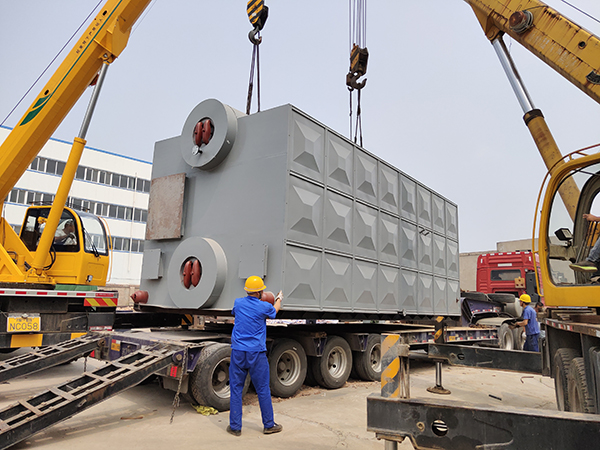Guide: In the use of boilers, the water quality will affect the safety and stability of the boiler. If the water supplied to the boiler is not treated by softening water equipment, then the water contains water impurities. When these water impurities enter the boiler heating system, there will be relative risks, and the water will form scale when heated.
In the use of boilers, the water quality will affect the safety and stability of the boiler. If the water supplied to the boiler is not treated by softening water equipment, then the water contains water impurities. When these water impurities enter the heating system of the boiler, there will be relative risks. The boiler is heated unevenly and damages the metal furnace wall; there is a certain level of scale to clean the scale and add additives, which constitutes the cost of boiler operation, and the increase of scale will also lead to erosion of the metal layer on the inner wall of the boiler, which is easy to lead to the deterioration of steam quality during operation. affect heat transfer.
Ordinary power plants or thermal systems will set up softening water workshops to soften the water supply to the boiler. The most stringent water quality requirements are the boiler water supply. The boiler has very strict water quality requirements, and the water hardness is low. Dissolved oxygen is required to be extremely small, and the solid content and organic content are also required to be extremely small. It also needs to be treated by cation exchange and reverse osmosis desalination water treatment system, softening and desalination high-purity water system, ultra-pure water treatment equipment and other skills. Feed water for ultra-high pressure boilers in thermal power plants. The water supply of power plants generally comes from groundwater, which must be processed by precipitation, filtration, desalination, and degassing before entering the water circulation system of the power plant for use.





























